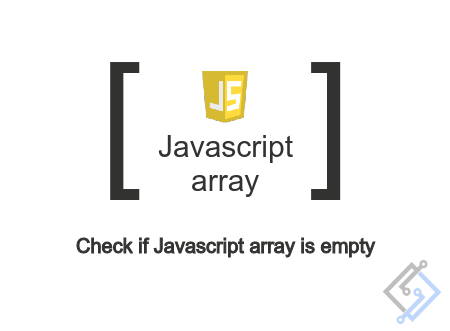


The particular choice of characters to make up the 64 characters required for Base64 varies between implementations. The Base64 term originates from a specific MIME-content transfer encoding.
#Javascript base64 decode software
From now on, you don't need to download any software for such simple tasks.īase64 is a generic term for a number of similar encoding schemes that encode binary data by treating it numerically and translating it into a base-64 representation. Read our privacy policy below for more details. We do not keep or inspect the contents of the submitted data or uploaded files in any way. We delete uploaded files from our servers immediately after being processed and the resulting downloadable file is deleted right after the first download attempt or 15 minutes of inactivity (whichever is shorter). Currently, this mode supports only the UTF-8 character set.Īll communications with our servers come through secure SSL encrypted connections (https). Live mode: When you turn on this option the entered data is decoded immediately with your browser's built-in JavaScript functions, without sending any information to our servers.This option is useful if you intend to decode multiple independent data entries that are separated by line breaks. Prior to decoding, all non-encoded whitespaces are stripped from the input to safeguard the input's integrity. Decode each line separately: The encoded data usually consists of continuous text, so even newline characters are converted into their Base64 encoded forms.Note that this is irrelevant for files since no web-safe conversions need to be applied to them. This information is used to convert the decoded data to our website's character set so that all letters and symbols can be displayed properly. It is usually UTF-8, but can be many others if you are not sure then play with the available options or try the auto-detect option. Character set: In case of textual data, the encoding scheme does not contain the character set, so you have to specify which character set was used during the encoding process.Base64 is used commonly in a number of applications including email via MIME, as well as storing complex data in XML or JSON. This encoding helps to ensure that the data remains intact without modification during transport. Base64 encode your data without hassles or decode it into a human-readable format.īase64 encoding schemes are commonly used when there is a need to encode binary data, especially when that data needs to be stored and transferred over media that are designed to deal with text. With (new ActiveXObject("ADODB.Meet Base64 Decode and Encode, a simple online tool that does exactly what it says: decodes from Base64 encoding as well as encodes into it quickly and easily. The following is my attempt at improving my handicap while catching up with the times. If you would like to learn more about how base64 is encoded in general, and in JavaScript in-particular, I would recommend this article: Computer science in JavaScript: Base64 encoding

$scope.encoded = $base64.encode('a string') To decode a base64-encoded string: var bytes = (str)

To encode an array of bytes using 64: var str = (myByteArray) We can make it convert to other formats by passing the encoding type to toString().Īnd here is how you decode base64 encoded strings: var b = om('SmF2YVNjcmlwdA=', 'base64') If we don't use toString(), JavaScript assumes we want to convert the object to utf8. Default is utf8, possible encoding types are ascii, utf8, ucs2, base64, binary, and hex Here is how you encode normal text to base64 in Node.js: //Buffer() requires a number, array or string as the first parameter, and an optional encoding type as the second parameter. Re-written and modularized UTF-8 and Base64 Javascript Encoding and Decoding Libraries / Modules for AMD, CommonJS, Nodejs and Browsers. Internet Explorer 10+ // Define the stringĬonsole.log(encodedString) // Outputs: "SGVsbG8gV29ybGQh"Ĭonsole.log(decodedString) // Outputs: "Hello World!"


 0 kommentar(er)
0 kommentar(er)
